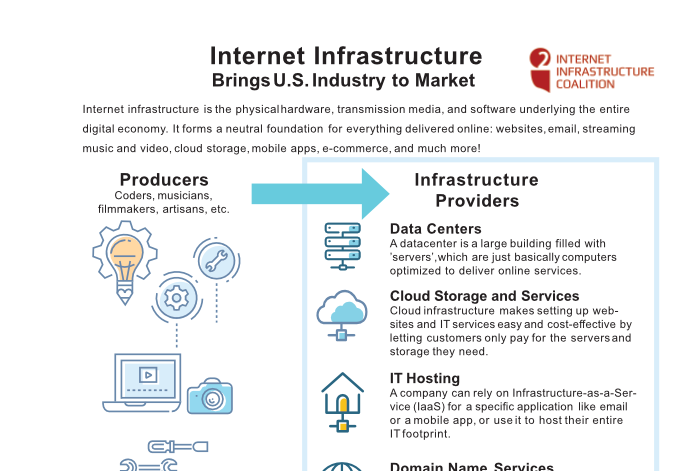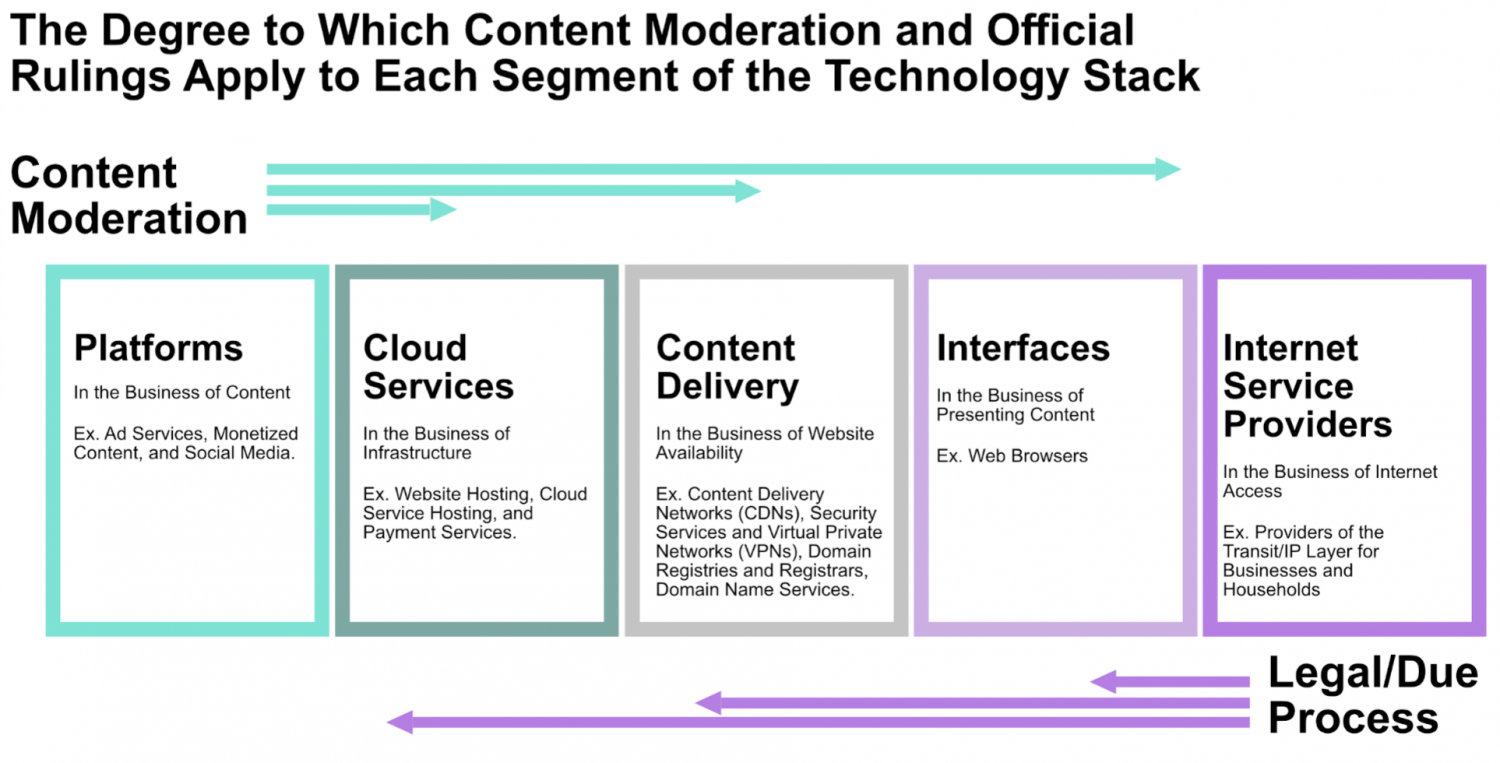Internet Policy Talking Points
Policy Handbooks Understand the Issues and Policies Affecting the Internet Infrastructure Industry
i2Coalition US Tech Policy Handbook
The US Tech Policy Handbook was created for the i2Coalition’s 10th anniversary Washington, D.C., fly-in in June 2022. It provides important background on issues such as Intermediary Liability, WHOIS Privacy, US-EU Transatlantic Data Privacy, Data Access by Law Enforcement, and much more. The US Tech Policy Handbook provides important background on policy issues, along with key messaging on how those points may impact the Internet Infrastructure industry.
i2Coalition EU Tech Policy Handbook
In 2022, the i2Coalition and our Brussels-based partner Political Intelligence created an EU Tech Policy Handbook outlining the EU’s abstruse legislative and non-legislative processes that are relevant to members of the i2Coalition. It also serves as a ‘cheat sheet’ on EU policy-making to contextualize new developments, which are tracked in monthly EU reports for members.
Graphics & Resources

Infographic: Internet Infrastructure Brings U.S. Industry to Market
This infographic gives a high-level view of how Internet Infrastructure providers bridge the gap between all the amazingly creative producers and satistified consumers. Internet Infrastructure powers the modern digital economy, empowering both creators AND consumers.
Download Infographic Above (.PNG)
The i2Coalition Statement on DSA:
Explaining the mechanisms of the Internet technical stack, and of the types of companies that operate within it.
Our response to the EU’s Digital Services Act (DSA) provided a useful framework for policymakers to understand the different layers making up the Internet and how legislation should be applied differently.
In regards to whether Internet infrastructure intermediaries may end up inadvertently being defined as a platform:
“A clear distinction should be made for instances where the selection and presentation of content is entirely determined by content providers using the hosting service (mere hosting); or where the presentation of content is determined by the service provider, using content selected by the service provider from amongst content uploaded by different content providers (online platforms).”



